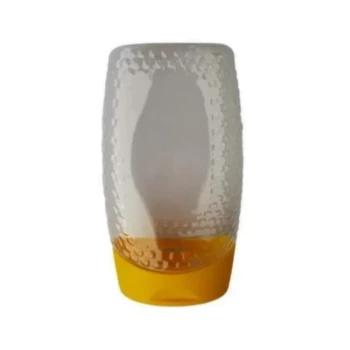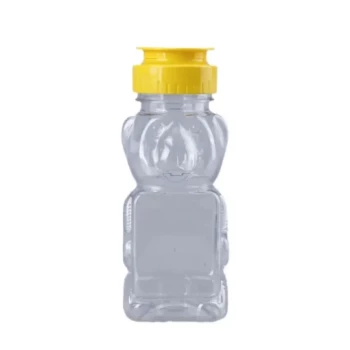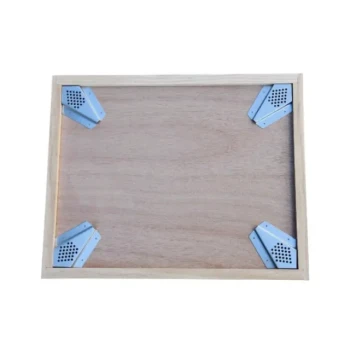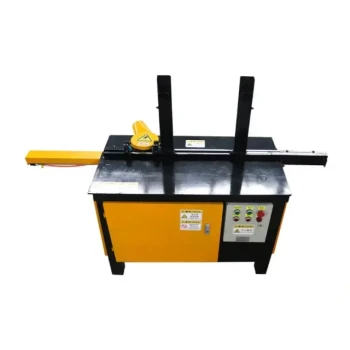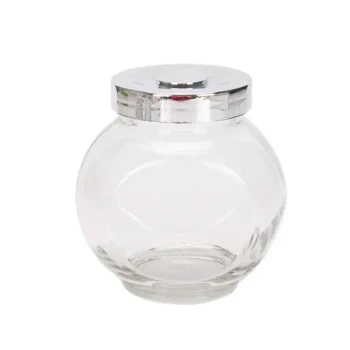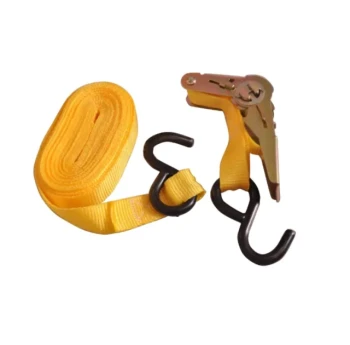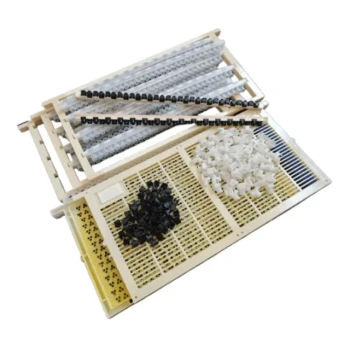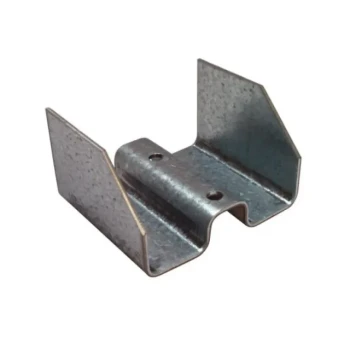A nectar flow is the single most important event in a beekeeper's calendar. It is the period when abundant, nectar-producing flowers are in bloom, allowing honey bees to collect the raw material for honey. A beekeeper's primary goal is to ensure their colonies reach maximum population strength precisely when this flow begins, as this is the only way to produce a surplus honey crop for harvesting.
The art of successful beekeeping is not just about keeping bees; it's about synchronizing a colony's peak workforce with the peak bloom of local flora. Your success hinges entirely on understanding and preparing for this seasonal window of opportunity.
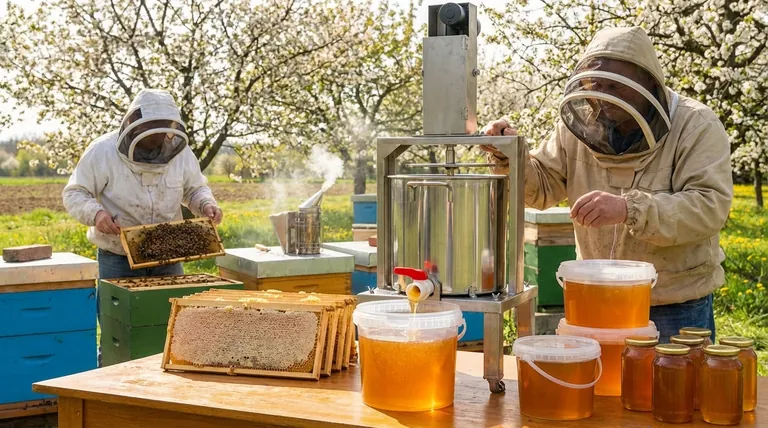
The Core Principle: Aligning Population with Opportunity
The fundamental goal of honey bee management revolves around a simple equation: a massive workforce of forager bees plus an abundant nectar source equals a surplus of honey.
What Defines a Nectar Flow?
A nectar flow is a specific period, from a few weeks to a month, when one or more major floral sources are blooming heavily. During this time, the sheer volume of available nectar overwhelms the colony's daily consumption needs.
This is when bees shift into high gear, collecting far more than they need to survive. This excess is then converted into the honey that a beekeeper can harvest.
Timing is Everything
Beekeepers must manage their hives to build up the population before the main flow starts. A colony that is weak or still growing when the flow begins will use all incoming nectar just to feed its brood and expand.
There will be no surplus. The window of opportunity for a honey harvest will be missed entirely.
Building the Workforce
The key is to encourage the queen to lay eggs aggressively in the weeks leading up to the flow. This ensures a massive population of new bees will be ready to transition to foraging duties the moment the bloom begins.
A hive at peak strength can have over 60,000 bees, creating an incredibly efficient collection engine.
Managing the Gaps: The Nectar Dearth
Just as important as the flow is the period when there is none. A nectar dearth is a time of scarcity when few plants are blooming.
The Critical Role of Feeding
During a dearth, a colony can quickly consume its honey stores. If the scarcity is prolonged, the bees face starvation. This is when beekeepers must intervene.
Honey bee feeders are an essential management tool. They provide sugar syrup as a substitute for nectar, preventing starvation and ensuring the colony's survival.
Supporting Brood Development
Feeding does more than prevent starvation; it stimulates the queen to continue laying eggs. This is crucial for maintaining the colony's population between flows or in preparation for winter.
Without incoming resources (natural or supplemental), a queen will dramatically slow or even stop laying, leading to a decline in the hive's population and overall health.
Common Management Pitfalls to Avoid
Understanding nectar flows helps you avoid the most common and costly beekeeping mistakes.
Misjudging the Flow's Timing
If you build up the hive's population too early, before the flow begins, the bees may run out of space and resources, triggering a swarm. When a colony swarms, you lose the queen and up to half your workforce right before you need them most.
Over-Harvesting Honey
It can be tempting to take as much honey as possible. However, harvesting too much, especially after the final flow of the season, leaves the colony without enough food to survive the winter. Always leave ample stores for the bees.
Ignoring a Nectar Dearth
Failing to recognize a period of scarcity is a critical error. A strong colony can starve in a matter of weeks during a summer dearth if left unmanaged. Regular hive inspections are necessary to monitor food stores.
Aligning Your Strategy with the Season
Your management actions should always be guided by the current or upcoming nectar flow.
- If your primary focus is maximizing the honey harvest: Your goal is to have the maximum number of adult bees ready for foraging the day the main flow starts.
- If your primary focus is colony health and survival: You must monitor food stores and be prepared to provide supplemental feed during any nectar dearth.
- If you are a new beekeeper: Your most critical task is to learn the bloom times for the major nectar-producing plants in your specific location.
Ultimately, successful beekeeping is about acting as a strategic partner to your bees, helping them align their natural cycle with the rhythm of the landscape.
Summary Table:
| Key Management Goal | Critical Action | Outcome |
|---|---|---|
| Maximize Honey Harvest | Build colony population before the main nectar flow. | Surplus honey for harvest. |
| Ensure Colony Survival | Provide supplemental feeding during a nectar dearth. | Prevents starvation and supports brood development. |
| Avoid Common Pitfalls | Time population growth correctly; never over-harvest. | Prevents swarming and winter colony loss. |
Ready to master nectar flow management and boost your apiary's productivity?
As a commercial beekeeper or distributor, your success depends on having the right equipment at the right time. HONESTBEE supplies the essential beekeeping supplies and equipment—from durable honey bee feeders to complete hive systems—that help you build strong colonies and capitalize on every nectar flow.
Let's discuss your wholesale needs. Contact our team today to get the reliable equipment that supports a thriving, productive apiary.
Visual Guide
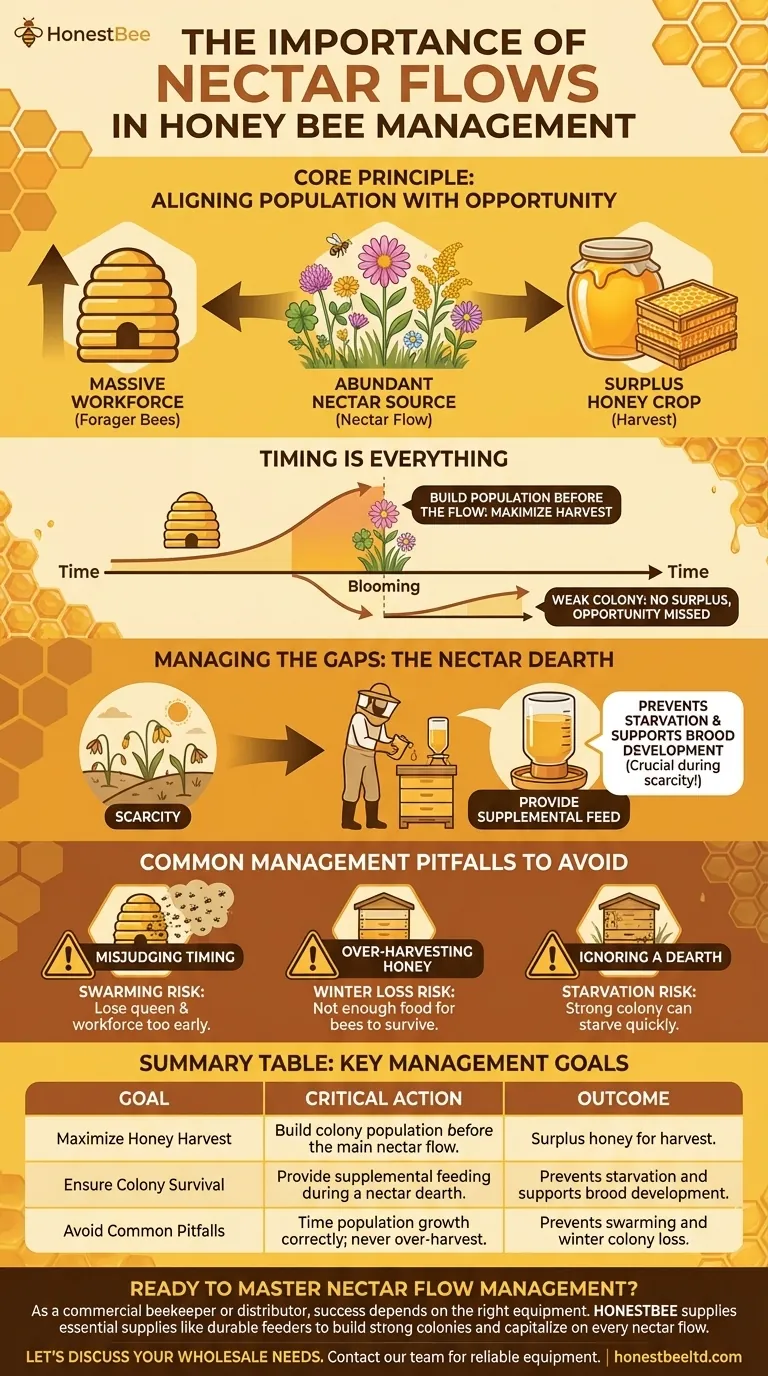
Related Products
- 10L Stainless Steel Electric Honey Press Machine
- Electric Flatting and Embossing Machine with Tray for Beekeeping
- Stainless Steel Honey Press Wax Press with Tank
- Stainless Steel Manual Honey Press with Guard for Pressing Honey and Wax
- Professional Wide Blade Honey Scraper for Beekeeping and Honey Processing
People Also Ask
- What are the key features of the stainless steel honey press? Maximize Yield & Guarantee Purity
- What are the benefits of using a honey press for Warré or Top Bar beehives? Maximize Your Natural Harvest
- What are the main differences between centrifugal extractors and honey presses? A Guide for Commercial Apiaries
- What are the advantages of using automated stainless steel honey extraction equipment? Boost Your Yield and Purity
- What are the key features of a honey press? Maximize Yield with Durable, Efficient Extraction






